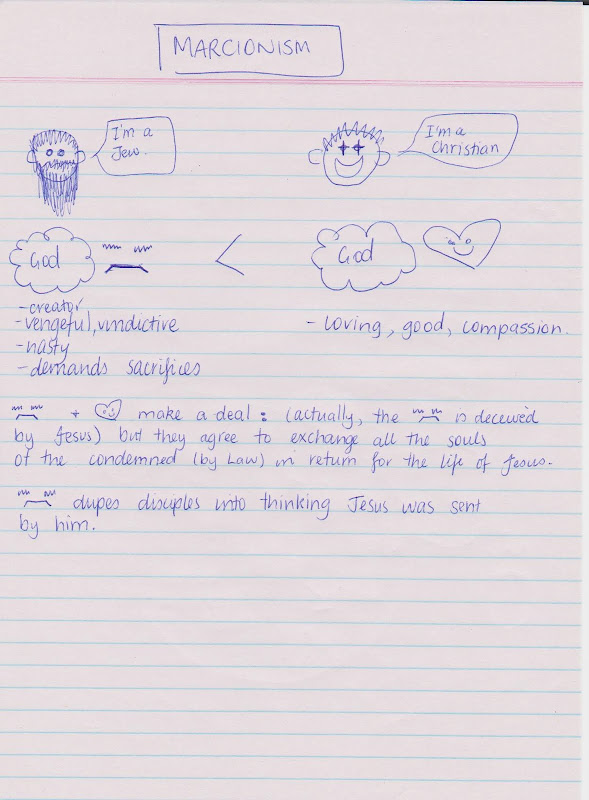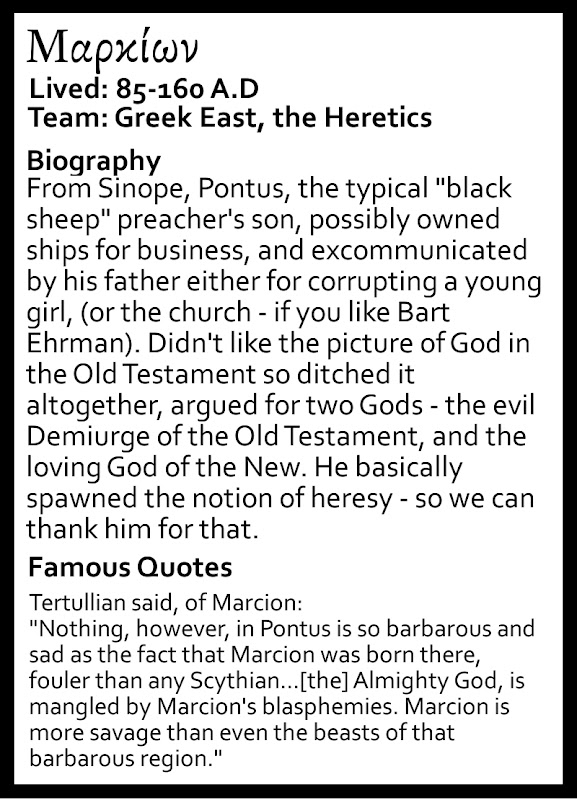I had a crack at answering the conundrum that is the violence of the Old Testament in an essay in first year. And again in preparation for an exam last year. I’m still working out exactly what my answer to this moral question is – I think I’ve decided I was wrong in my earlier efforts to get my head around this issue.
I think I’m closer to the answer, and I’m hoping writing this post helps me get closer again… it’s a complex question, so it requires quite a bit of complex working out. And this post is some of my working. It’s long. It’s the longest post I’ve ever written. So maybe grab popcorn or something. Or just skim it. I thought about making this a series of posts, but I’d rather just have one long one, and not occupy people’s feed readers for days. Sorry. Skipping one post is easier than skipping eight.

Brick Testament rendition of Joshua 10:30
So did God carry out genocide in the Old Testament? And does that matter?
I think he did. And I think it does.
But not in the way the the New Atheists want to think it happened – or matters. I think most people operate with far too small a picture of God. A picture of God that looks like a big human, who should act like a big human, and should be judged like a big human.
This issue is much more complicated than flat and ‘literal’ readings of the text made popular by the likes of the New Atheists allow, and I can’t understand the indignation these Dawkinesque types direct towards a God they don’t even believe exists…
The question isn’t really “did God do this” – either he did or he didn’t. If you don’t think God exists then you’ve really got nothing to complain about when it comes to the events described in the Old Testament. If there’s no God involved then Israel should, according to the narrative, be commended as the little guy who did everything they could, against the odds, to survive amidst nations of bullies – who did worse things enemy children than kill them in battle.
The question is, if God did this, why aren’t we rising up in rebellion against him and trying to take him out in some sort of cosmic battle? The old epics are full of this stuff. Why are people so keen to worship, love, and revere him? Why are people prepared to speak of him as good?
What Christians are really being asked when they’re asked this question is “how can you be part of something like this, rationally, aren’t you better off writing it off as a nasty myth?”
But anyway, here’s a walk through my present thinking on this question… It’s quite possible I am wrong. It should always feel wrong to be appearing to be defending genocide, especially if it involves the death of children.
I don’t think it’s going to be satisfactory to everybody. It possibly won’t be satisfactory to anybody. But this will be where I send people when they ask me what I think about violence or genocide in the Old Testament. It’s meant to be comprehensive. It’s hopefully a helpful window into how I can still be a Christian while acknowledging that there are things we understand to be shocking in the Bible.
And if you’re one of those people I’ve sent here in the future, or you’ve been sent here by someone else – I want you to know four things.
Firstly, I just want to say from the outset that you don’t need to worry – I think there’s a big difference between something being described in the Bible and something being prescribed (or commanded) in the Bible.
Secondly, I really don’t want to shirk things here. I don’t want to dodge the question. I don’t want to pretend there’s nothing that looks like genocide in the text of the Old Testament (or, perhaps more importantly – though I’m largely dealing with the Old Testament – in the picture of Hell, God’s judgment, in the New Testament). I also don’t want to defend God, or defend the authority of the Bible. God doesn’t need me. He speaks for himself, through the Bible. I’m ultimately, in this piece, trying to defend the rationale, in my head, for thinking it is morally and intellectually coherent to submit to, and revere, the God of the Bible.
Thirdly, I quote big chunks of the Bible here – for two reasons, I want to show my working, and show how I think the Bible accounts for its own content, and secondly I don’t want to assume that you, dear reader, are necessarily familiar with what the Bible says, or that you’ll look it up. I’ve tried to bold the bits that are extra significant for my argument so that you can skim. I’ve used headings to break up the monotony of the text, and to help you skim to bits that might scratch the itch that has brought you here.
And lastly, if you don’t stick around to the end of the post (because it’s quite substantial) – it’s important, I think, that you consider the character of the God who Christians believe is behind both the Old and New Testaments – an infinite God who sends himself into a finite world, to a death on the cross, for people. This is a big deal.
Bigger than we can grasp.
We who are born to die, for whom death is a day to day reality – we sort of take death for granted. It’s part of our daily assumptions and decision making process. It’s real. But God dying? An infinite and immortal God – a person of the Trinity – becoming man and dying, is actually a really, really, big deal. It takes a bit of a revolution in our thinking to get that. But how many human lives is one infinite life worth? Mathematically speaking?
Using a poor analogy – how many ants is it ok to kill to save one human life? I think we’re approaching the magnitude of the cross when we get a sense of that question.
Anyway. If you want to read on…


